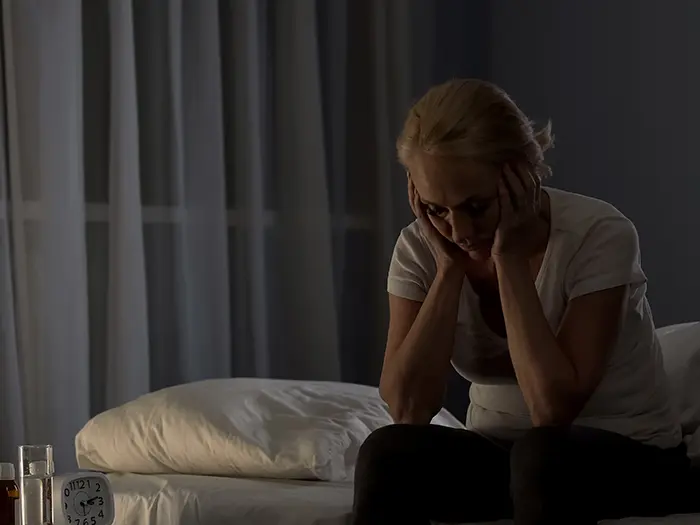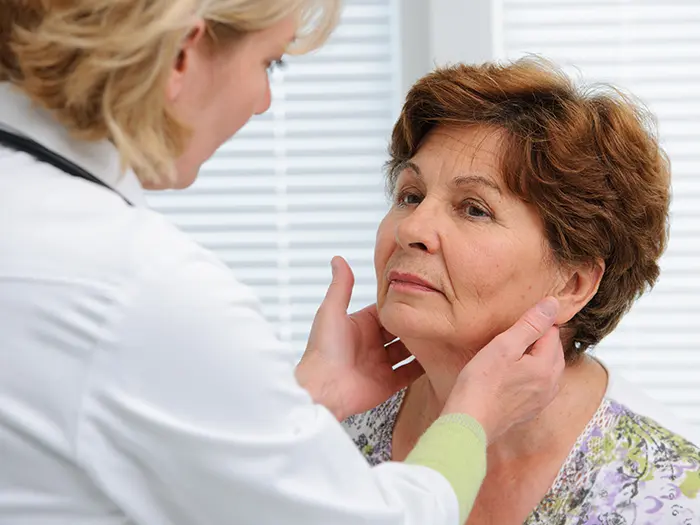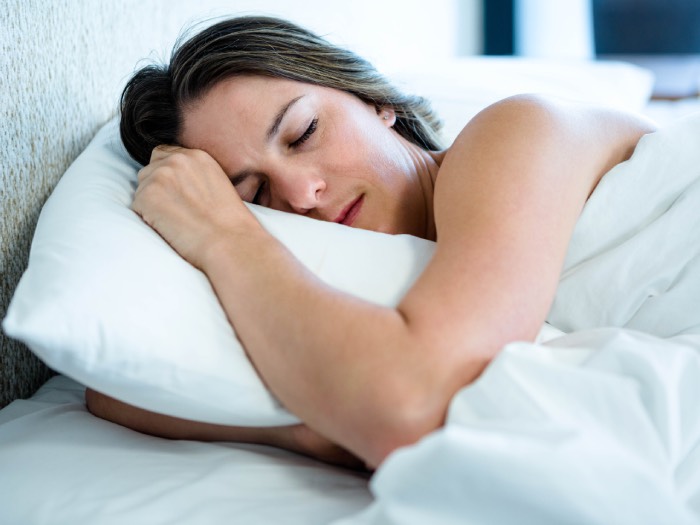Bone health is critical to a woman’s overall physical health. This is especially true as women reach their 40s, a crucial period in their lives when bone density starts to decline. Notably, bone health directly affects women’s overall well-being and quality of life, and ignoring bone health comes with many risks. This is precisely why females are encouraged to focus on their bone health more as they age.
If you’re interested in learning about what it takes to maintain your bone health, you’ve come to the right place. We’re here to inform and empower women to take charge of their bone health and offer actionable tips to help any woman make bone health an essential aspect of her overall health regimen.
Understanding Bone Health
As the name implies, bone health refers to the condition of a person’s bones. Bones need to be dense and strong to be considered healthy. Our bones provide the frame for the body that holds us up, allows us to be mobile, and protects our organs. Additionally, bones are a reserve of minerals, such as calcium, that our body vitally requires to function correctly. Having unhealthy, brittle, and weak bones can lead to health complications, mobility issues, and a decreased quality of life.
The National Institutes of Health (NIH) estimates that half of all Americans over 50 have weak bones.
Bone health, in particular, is an issue for women as they age. While all older adults have to be concerned about bone health, it’s clear that this is a more prevalent problem for women.
Approximately 20% of women over 50 develop osteoporosis, whereas the percentage for men is only 5%.
What initiates this sudden decrease in bone health in middle-aged women? Well, most women hit menopause in their 40s, and menopause triggers several years of bone mass loss due to hormonal changes. Estrogen levels drop, which is problematic because this is a critical hormone for bone restoration and formation. Over time, this year-over-year loss of bone mass can lead to weakening bones and even the potential of developing osteoporosis.
Potential Effects of Neglecting Bone Health
There are many potential adverse effects of neglecting bone health, including:
- Increased risk of bone fractures and injuries
- Increased risk of osteoporosis
Osteoporosis
Osteoporosis is a health condition that occurs when the bone breaks down faster than the body rebuilds it. This leaves the person with weakened, brittle bones. The combination of low bone mass and deterioration of bone tissue can be dangerous as it can come with an increased risk of bone fractures and serious accidents.
Osteoporosis Risk Factors
Many factors increase a person’s risk of developing osteoporosis and bone density loss:
- Gender: Both men and women are at risk for bone density loss and osteoporosis, especially as they age. Still, women are at a much higher risk because they have small bones and lower peak bone mass.
- Age: As people age, bone loss increases while bone reproduction decreases. This significantly impacts a person’s bone health. Simply put, the older you are, the more risk you carry for osteoporosis.
- Lifestyle Choices: Individuals who are overweight, aren’t physically active, smoke, and drink heavily are at increased risk for bone health issues.
- Size: Did you know that people’s bone structures are quite different? Those with slender, thin bones are more at risk for osteoporosis. In comparison, individuals with thick, big bones are less at risk.
- Race: Certain races carry a higher risk for osteoporosis. White and Asian women are at the highest risk, while white men have the highest chance of poor bone health.
- Genetics: Those with a family history of osteoporosis have a higher risk of developing the condition.
- Hormone Changes: Low levels of specific hormones (estrogen for women and testosterone for men) can contribute to poor bone health.
- Diet: Individuals with a diet low in calcium and vitamin D carry a higher risk of osteoporosis.
- Medications: Some medications, including specific cancer medications, antiepileptic medicines, and selective serotonin reuptake inhibitors, can all contribute to poor bone health if taken over a long period.
Test Your Bone Health Today
Recognizing Early Signs
You can take steps to address poor bone health before it leads to osteoporosis. That’s why knowing the early signs and symptoms of bone-related issues is vital. Here are the most common early signs of poor bone health:
- Breaking a bone or getting a fracture from a slight fall or accident
- Losing an inch or more of your height
- Brittle and weak nails
- Posture is gradually changing to bending or stooping forward
- Shortness of breath
- Lower back pain
- Receding gums
- Decreased grip strength
Most often, individuals don’t realize until their bone health has deteriorated significantly. A common reason people notice something is wrong is that they have a minor fall, which leads to breaking a bone. That’s why it’s essential to understand what the early symptoms are. Early detection can allow individuals to take action and prevent their bone health from worsening.
Tips for Improved Bone Health
The good news is that you can take many preventative steps to improve your bone health and reduce the risk of osteoporosis. Even small lifestyle changes can significantly impact your bone health and overall well-being!
Nutrition for Strong Bones
Aim to eat plenty of bone-healthy foods rich in calcium, vitamin D, and other essential nutrients every day. This includes foods and meals such as:
- Milk, cheese, and yogurt
- Green, leafy vegetables such as broccoli and cabbage
- Tofu, which is high in calcium and protein
- Soybeans and soymilk
- Almonds and almond butter
- Fish with edible bones, such as sardines and canned salmon
- White canned beans; add these legumes to soup or chili
- Dried figs, eaten alone or in smoothies and cereal
Exercise for Bone Strength
Try out safe and effective exercises that promote bone strength, flexibility, and balance. Some weight-bearing exercises options include:
- Dancing
- Walking and jogging
- Hiking
- Tennis
- Step aerobics
Weight-bearing exercises focus on working out the bones in the legs, hips, and lower spine to slow down bone loss.
Lifestyle Tips for Bone Health
There are some easy lifestyle changes you can make to reduce your risk for poor bone health. This includes avoiding smoking, limiting alcohol intake, and managing stress to maintain optimal bone health.
Preventive Measures
If you’re in your 40s or older, scheduling regular check-ups and bone density tests is essential. Bone health can continue to deteriorate if it’s ignored. However, if it’s caught early, even small steps can make a huge difference in slowing down bone loss and improving bone rejuvenation. Bone density tests are simple (an x-ray is taken) and pain-free, so there’s nothing to stop you from starting them now!
Myths and Misconceptions
Now that you have a good understanding of bone health and osteoporosis, let’s clarify some common myths out there so you don’t leave here with anything other than facts.
1. You Feel Your Bones Ache When You Have Osteoporosis
Osteoporosis is known as a silent condition. A person’s bone health can sometimes be worsening without them realizing it. This is part of the reason why bone density tests starting at the middle-aged years are so beneficial for early diagnosis.
2. You Can’t Prevent Osteoporosis
People can take many steps to prevent or slow down osteoporosis. Some preventative measures include eating a healthy diet, exercising, making lifestyle changes, and switching medications.
3. Breaking a Bone When You Have Poor Bone Health Isn’t Serious
If you have poor bone health, having a fracture or broken bone can be an incredibly serious, painful condition. Brittle, weak bones take longer to heal, leaving a person fragile. Ultimately, your bone health is tied to your quality of life, and you should prioritize it as much as possible.
Don’t Put It Off Any Longer. Test Your Bone Health Today
Remember that prioritizing your health is the best gift you can give yourself. Schedule a bone health consultation or check-up at Hormonally Balanced for personalized advice and assessments.



